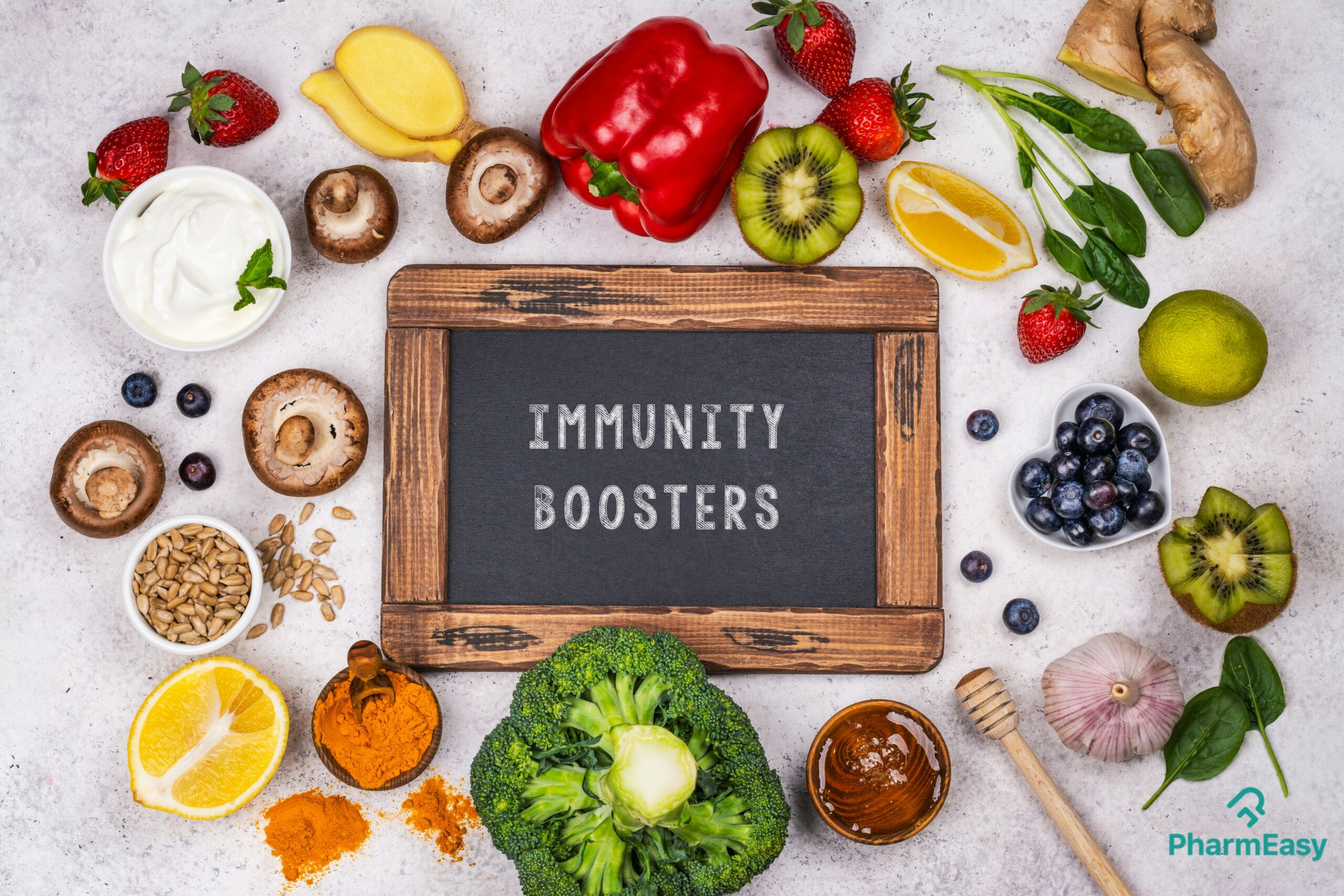Physical Address
304 North Cardinal St.
Dorchester Center, MA 02124
Physical Address
304 North Cardinal St.
Dorchester Center, MA 02124

Immune system acts as a line of defense against germs and dangerous substances. You are not aware that your immune system is working as long as it is in good condition. You may become ill, though, if your immune system deteriorates and is unable to defend against specific antigens. Additionally, your body can become ill from bacteria it has never encountered before. You should therefore work to boost your immune system.A healthy immune system is a sign of wellbeing. In order to prevent infections and illnesses from affecting us and making us ill, a robust immune system is essential.
Your immune system will almost certainly benefit if you constantly consume a healthy diet. But what exactly qualifies as healthy? Here are some factors to keep in mind while choosing a diet to support the immune system:
Advantages
Disadvantage
Depending on the supplement you choose, taking high amounts may cause your stomach to feel a little uneasy.eg.
According to research, immunological responses can be affected by deficits in zinc, selenium, iron, copper, folic acid, and vitamins A, B6, C, D, and E.These nutrients aid in the creation of antibodies, promote the development of immune cells, and act as antioxidants to protect healthy cells. According to epidemiological research, those who are malnourished are more likely to contract bacterial, viral, and other diseases.
Our bodies can receive the nutrients from fresh foods that our immune systems require to function properly. To keep your body as healthy as possible, your diet should include a variety of fruits, vegetables, whole grains, herbs, and spices.
Citrus fruits, spinach, almonds, papaya, and green tea are healthy food options to strengthen the immune system.
But it's important to keep in mind that nutrition cannot guarantee our health. exercise/" title="Exercise" data-wpil-keyword-link="linked">Exercise, maintaining a healthy weight, and abstaining from bad habits like smoking and excessive alcohol consumption are also crucial.
Food supplements should only “supplement” a person's diet, not take the place of nutritious foods. In fact, it is made explicit in the regulation of food supplements that they are not meant to take the place of a diverse and balanced diet, and the packaging of such supplements must contain a statement to this effect.Supplements can provide micronutrients like vitamins, minerals, and trace elements, but they cannot make up for macronutrients like fiber (non-starch polysaccharides) and the macronutrients protein, fat, and carbohydrates.
Despite the fact that many people do not follow dietary guidelines, everyone should strive to consume a varied and balanced diet that meets their nutritional needs while limiting their intake of processed, fatty, and sugary foods. In order to ensure that people still meet the Recommended Intake Guidelines, supplements should only be used to make up for any nutrient deficiencies in their meals.
Your best line of defense is to lead a healthy lifestyle.. The best action you can take to naturally maintain a healthy immune system is to adhere to general good health recommendations.Your immune system, like every other organ in your body, functions better when it is protected from outside irritants and reinforced by healthy lifestyle habits like these: